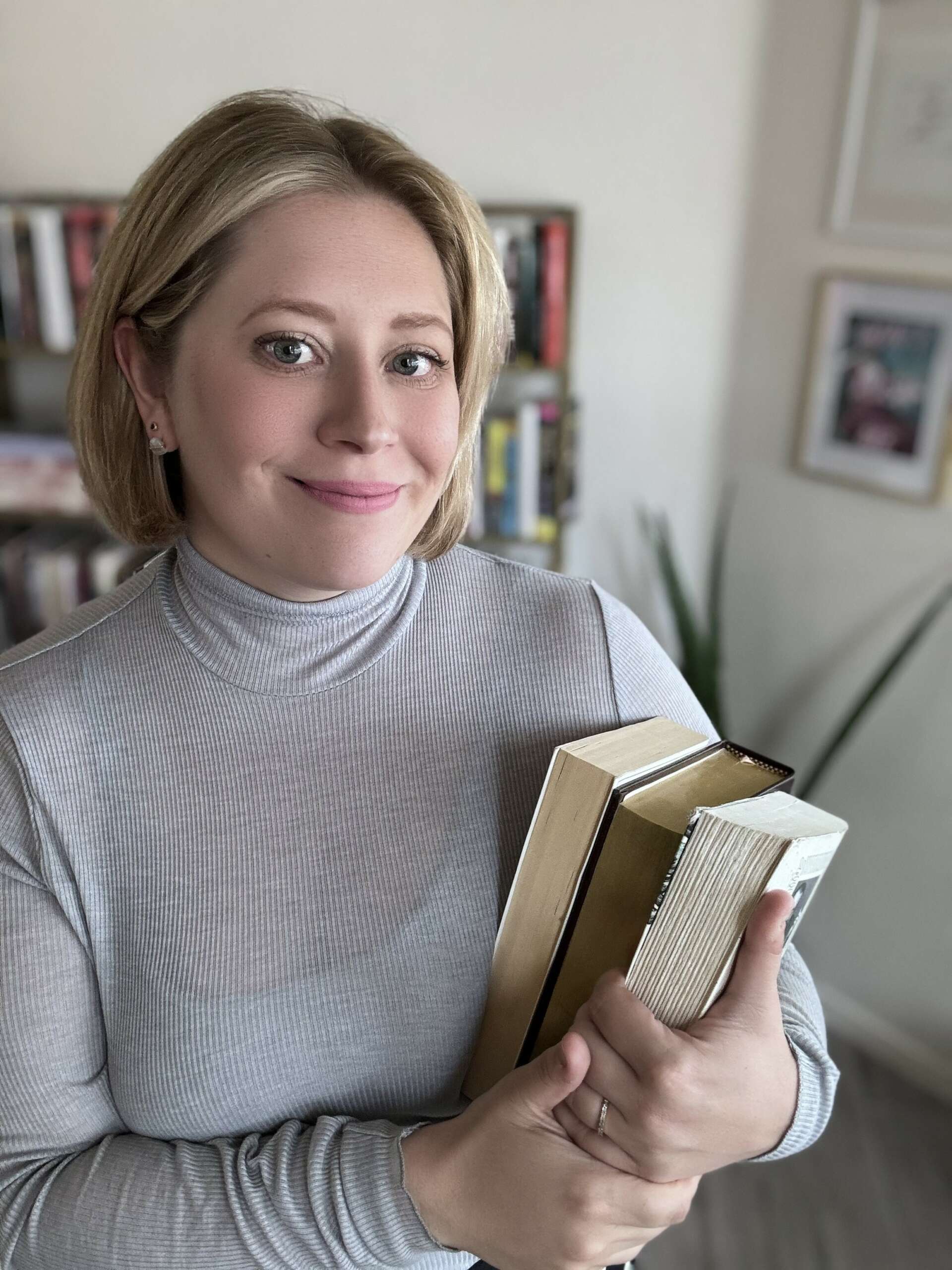We recently connected with Lauren Ross and have shared our conversation below.
Alright, Lauren thanks for taking the time to share your stories and insights with us today. We’d love to hear about the things you feel your parents did right and how those things have impacted your career and life.
My parents have four kids, and they always focused on supporting us in the things we loved or had natural talent for, instead of dwelling on the things we weren’t good at or interested in mastering. That doesn’t mean it was cool to bring home bad grades just because, but by having the right mix of reasonable expectations on one end and high expectations on the other, they raised passionate, creative, engaged adults. One of my sisters is also a novelist, the other works at the State Department, my brother leads a popular Chicago band called Midwestern Dirt, and we’ve even married in two more artists so far. My parents wouldn’t call themselves creative people, but they created an environment where tons of creativity could thrive simply by focusing on our strengths. That legacy will continue for a long time in our work.
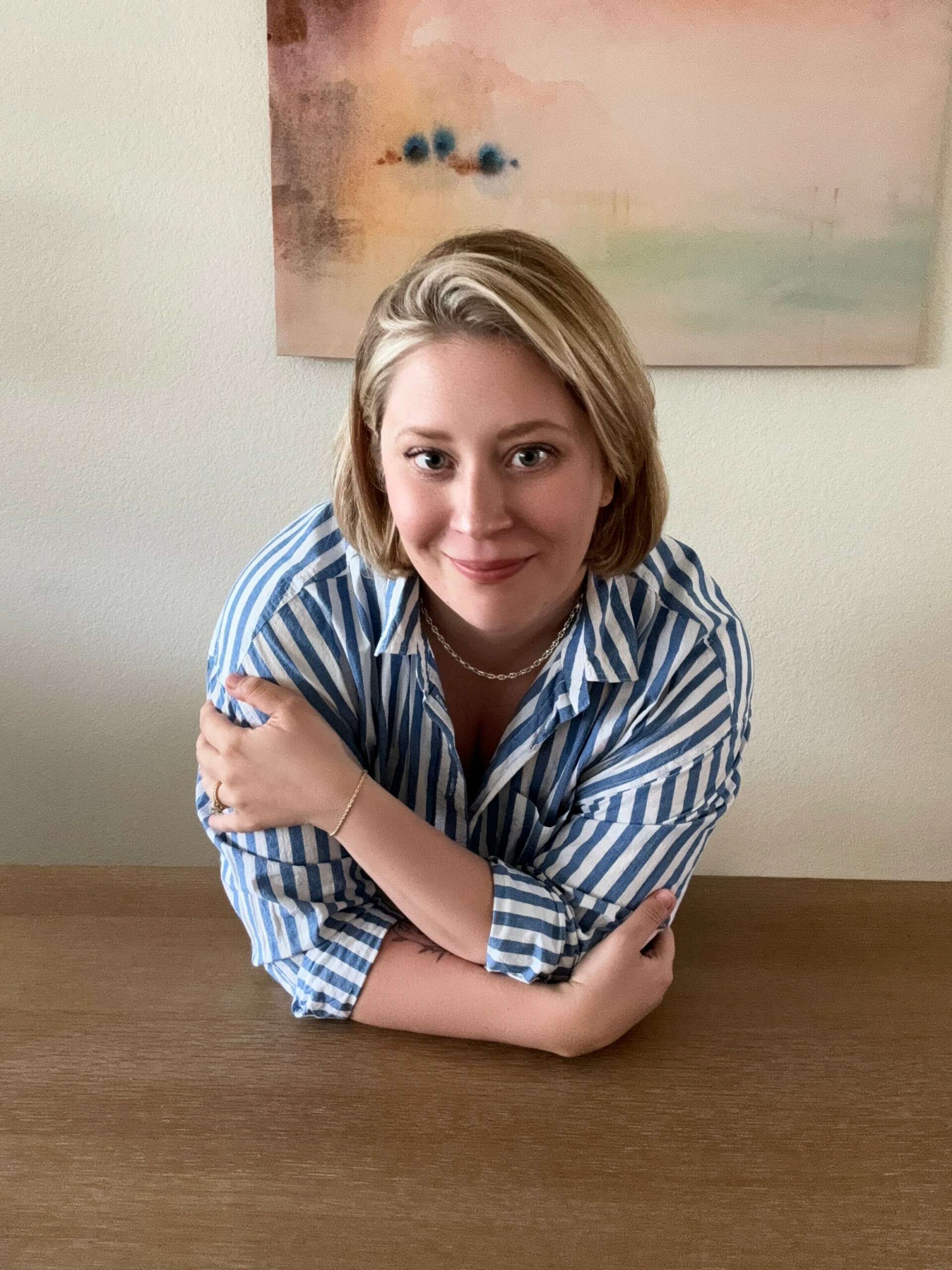
Great, appreciate you sharing that with us. Before we ask you to share more of your insights, can you take a moment to introduce yourself and how you got to where you are today to our readers.
I’m Lauren Ross, a novelist and poet represented by Gina Panetierri of Talcott Notch Literary. I’m also the founder of Sayre Studio, a literary jewelry brand that is launching this summer.
I’m also a former tech executive who used to lead customer success teams at some very successful boot-strapped and VC-backed startups in the US and EU.
But I didn’t start my journey in tech. I initially wanted to become an English professor. After getting my master’s degree at the University of St Andrews in Scotland, a relationship led me down a different path that ultimately led to a transatlantic breakup and a cliché-but-classic move to New York City, brokenhearted and with zero dollars.
In New York, I wrote hundreds of poems, two novels, and had pieces published from essay to humor to poetry. My poems were produced as a play, The Art of Golden Repair, in the Hollywood Fringe Festival in Los Angeles. I was lucky that my closest friends were artists, journalists, actors, directors, and designers who were equally passionate about developing their own craft. They understood my need to hibernate and work, but also drew me out into the city to see new plays, gallery shows, and readings.
But what really sets me apart as a creative is my ability to produce artistic work even whole working a “real job.” At the same time as I wrote so much, I also developed that demanding career in tech. The rigor of only being able to work on my writing at night or on weekends meant that I always appreciated my time in the writing chair and didn’t take it for granted. Likewise, I appreciated the money from my tech job — this is something I think can be taboo for artists to seek, but it helped me do things like travel to Berlin repeatedly to research my most recent book, Daughters of Daughters. The Swiss company I worked for would effectively pay to fly me to Europe, and then I’d be able to get to Berlin on the weekends or attach time there onto either end of my trip. Being able to do both is something I’m incredibly proud of, and it’s been rewarding on a practical basis too.
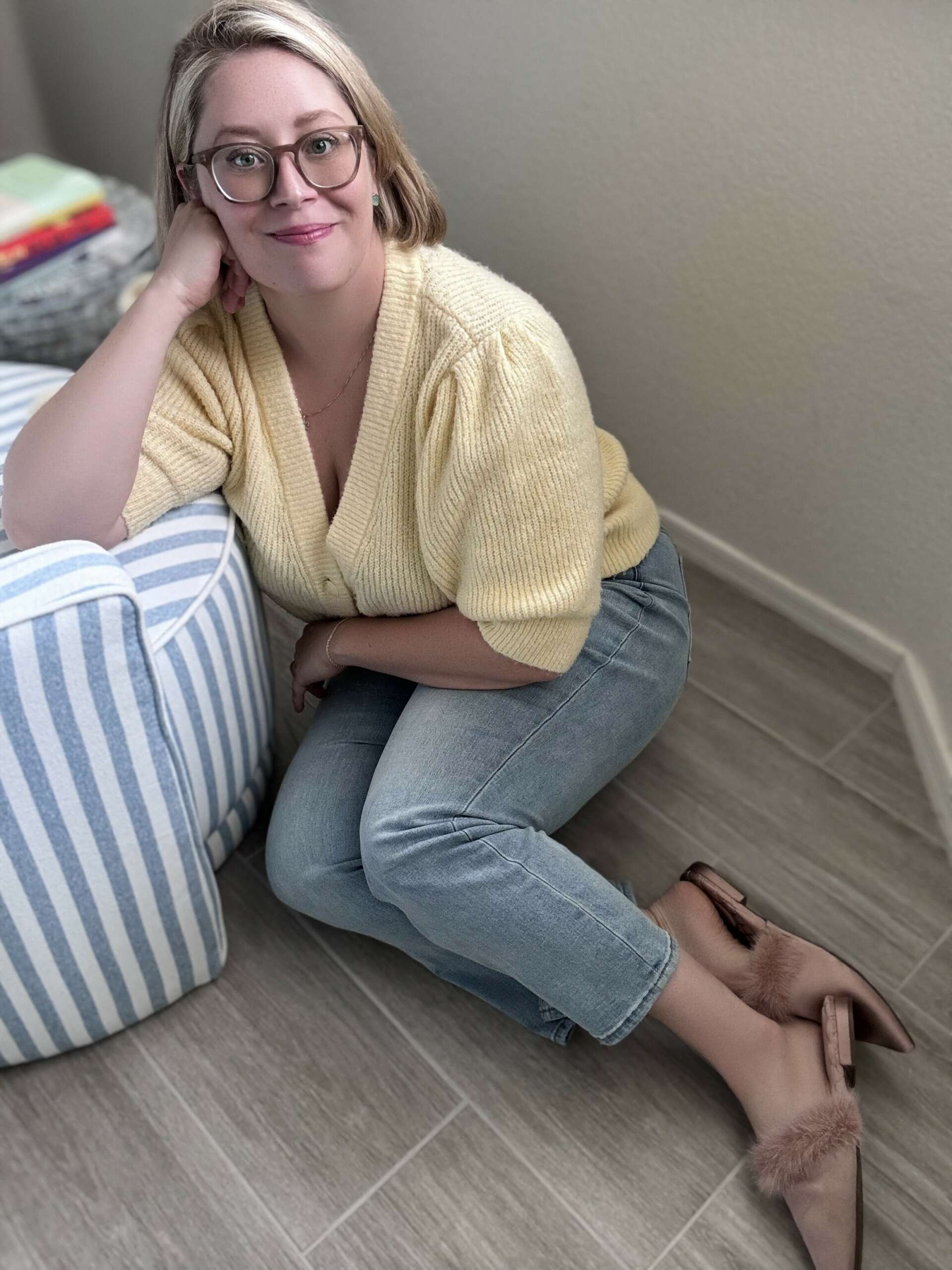
Have you ever had to pivot?
Last year, two enormous things happened within three months of each other: I signed with a literary agent, and I became a mother.
I was still working as an executive in a security startup when I got pregnant, finished writing my last book, and then signed. And while in the past I had juggled writing and tech successfully, I knew that it was going to be almost impossible to do the same with writing, tech, and motherhood.
It had been good for a long time (and worth it for the money), but now tech was taking up way too much brain space. I was successful and very good at what I did, but I was burned out on startup life and sick of the misogyny I regularly ran up against in the industry.
It felt risky to pivot to something else when welcoming a baby into my life, but I wanted him to see a happy mother and not one who resented her career.
I’d been thinking about starting my own jewelry line for years. From childhood I’d been obsessed with old movies, especially the fashion and accessories, and whenever I traveled I inevitably ended up in museums or glamorous avenues staring at the jewelry. I had always wanted jewelry of my own that represented how much I loved my favorite books, and everything I found was unattractive or unsustainable. I had a hundred ideas, and got to work on Sayre Studio.
Being a business owner is giving me the flexibility I need to write my next book, and me the mother I want to be too. It’s still a lot of work, but it’s work I’m interested in doing. What a difference and a worthwhile pivot.
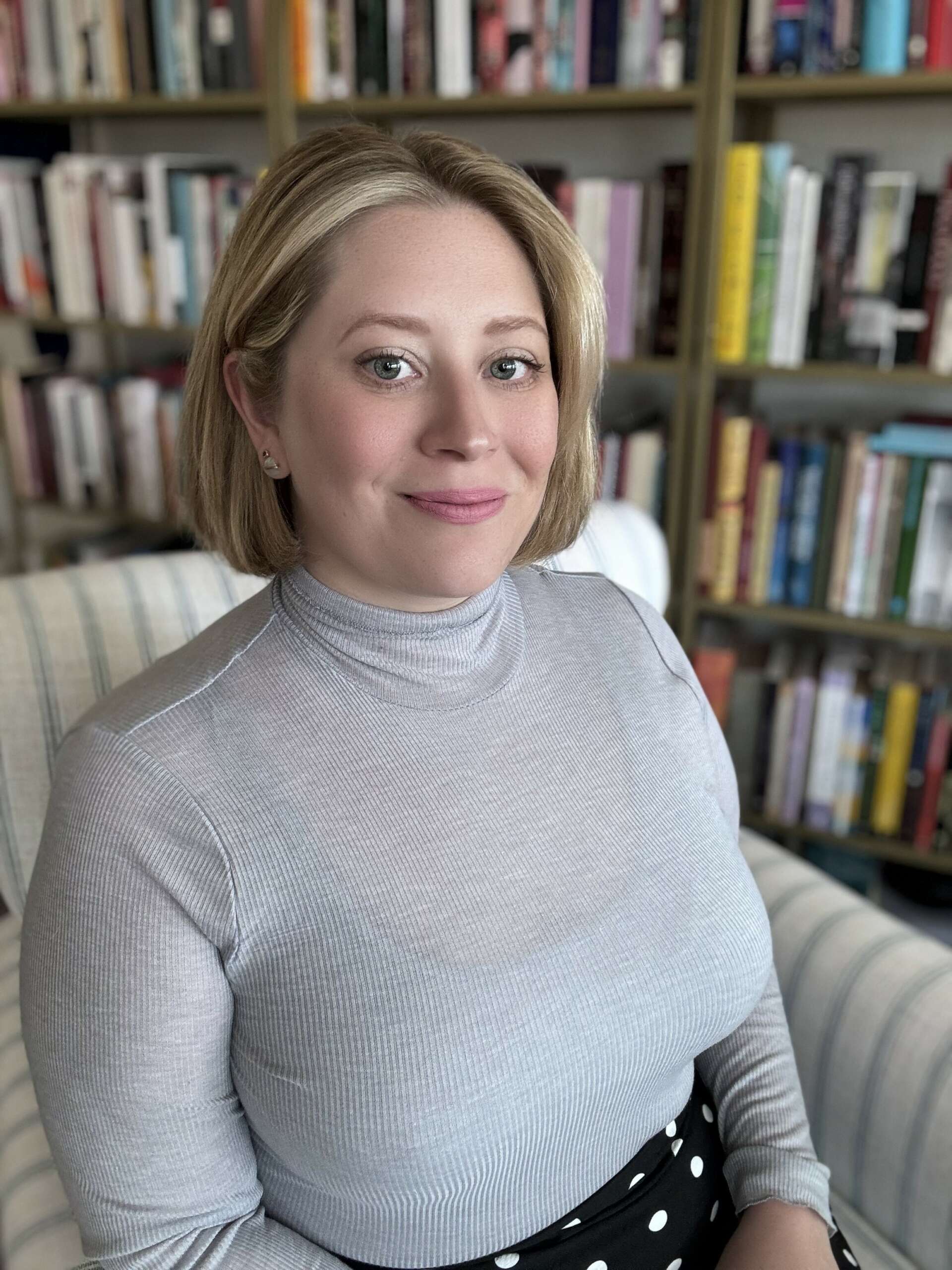
Do you think there is something that non-creatives might struggle to understand about your journey as a creative? Maybe you can shed some light?
I am not a famous novelist or poet, nor have I been published by a traditional publisher yet. I think a lot of non-creatives wonder why, in my late thirties, I’m still spending so much time devoting myself to my craft. Of course, it’s something I ask myself too from time to time.
But I ask myself less and less these days. Being a creative is not what I do — it’s who I am. I don’t have a choice. When I go without writing for a time, I am a crabby nightmare to be around. Writing for me is a spiritual practice. It’s my flow state. Other people might get there by running or cooking or yoga. What I do to be myself may be less common than those things, but it’s the thing that keeps me grounded in myself.
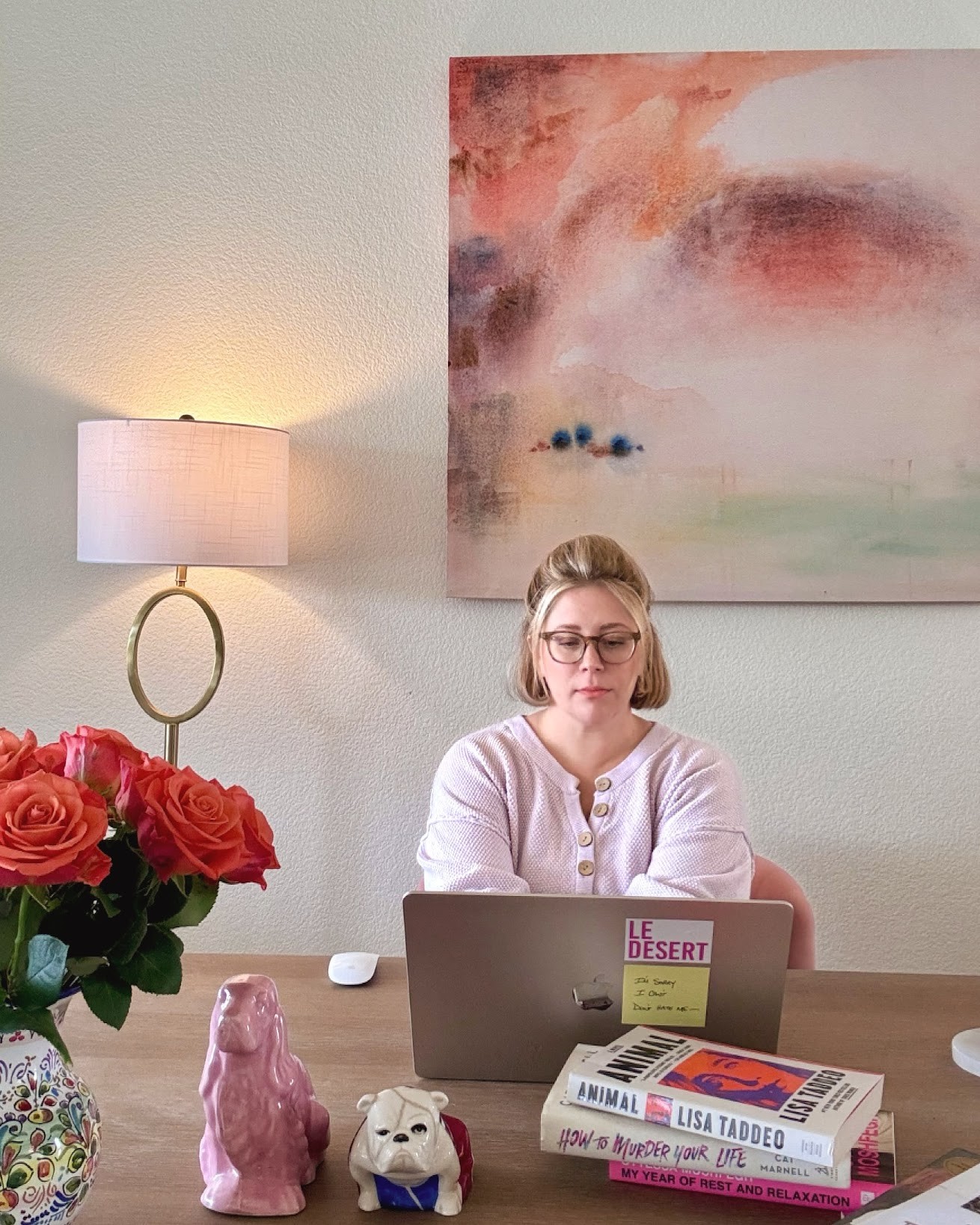
Contact Info:
- Website: www.sayrestudio.com
- Linkedin: https://www.linkedin.com/in/laurenmangiaforteross/


